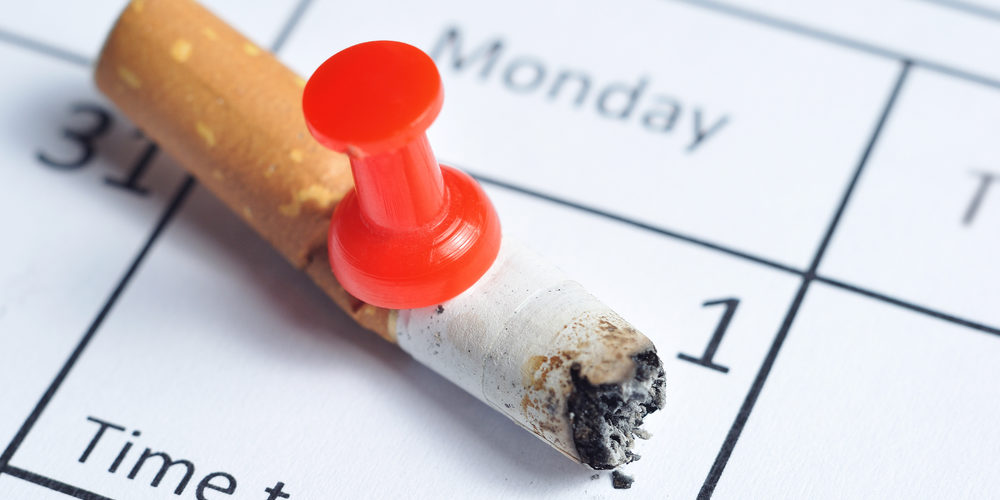 The minute you stop smoking, you body starts changing. Food begins to tastes better. Your sense of smell returns to normal. Your breath, hair, and clothes smell better. Your teeth and fingernails stop yellowing. Ordinary activities leave you less out of breath.
The minute you stop smoking, you body starts changing. Food begins to tastes better. Your sense of smell returns to normal. Your breath, hair, and clothes smell better. Your teeth and fingernails stop yellowing. Ordinary activities leave you less out of breath.
Quitting also helps stop the damaging effects of tobacco on how you look, including premature wrinkling of your skin, gum disease, and tooth loss.
Need help quitting? Then register for a free, six-week smoking cessation class, sponsored by the Suffolk County Department of Health, at Mather Hospital. Learn stress management techniques, behavior modification, relaxation techniques and some of the skills needed to stay tobacco free. Cessation medication will be provided for a nominal fee. Space is limited so register today. Call 631-853-2928 for information.
Remember, the sooner you quit, the more you can reduce your chances of getting cancer and other diseases. Here’s how your body will recover, according to the American Cancer Society:
20 minutes after quitting
Your heart rate and blood pressure drop.
12 hours after quitting
The carbon monoxide level in your blood drops to normal.
2 weeks to 3 months after quitting
Your circulation improves and your lung function increases.
1 to 9 months after quitting
Coughing and shortness of breath decrease. Cilia (tiny hair-like structures that move mucus out of the lungs) start to regain normal function in your lungs, increasing their ability to handle mucus, clean the lungs, and reduce the risk of infection.
1 year after quitting
The excess risk of coronary heart disease is half that of a continuing smoker’s. Your heart attack risk drops dramatically.
5 years after quitting
Your risk of cancers of the mouth, throat, esophagus, and bladder are cut in half. Cervical cancer risk falls to that of a non-smoker. Your stroke risk can fall to that of a non-smoker after 2 to 5 years.
10 years after quitting
Your risk of dying from lung cancer is about half that of a person who is still smoking. Your risk of cancer of the larynx (voice box) and pancreas decreases.
15 years after quitting
Your risk of coronary heart disease is that of a non-smoker’s.
Quitting smoking also lowers the risk of diabetes, lets blood vessels work better, and helps the heart and lungs.
Life expectancy for smokers is at least 10 years shorter than that of non-smokers. Quitting smoking before the age of 40 reduces the risk of dying from smoking-related disease by about 90%.
Quitting while you are younger will reduce your health risks more, but quitting at any age can give back years of life that would be lost by continuing to smoke.

